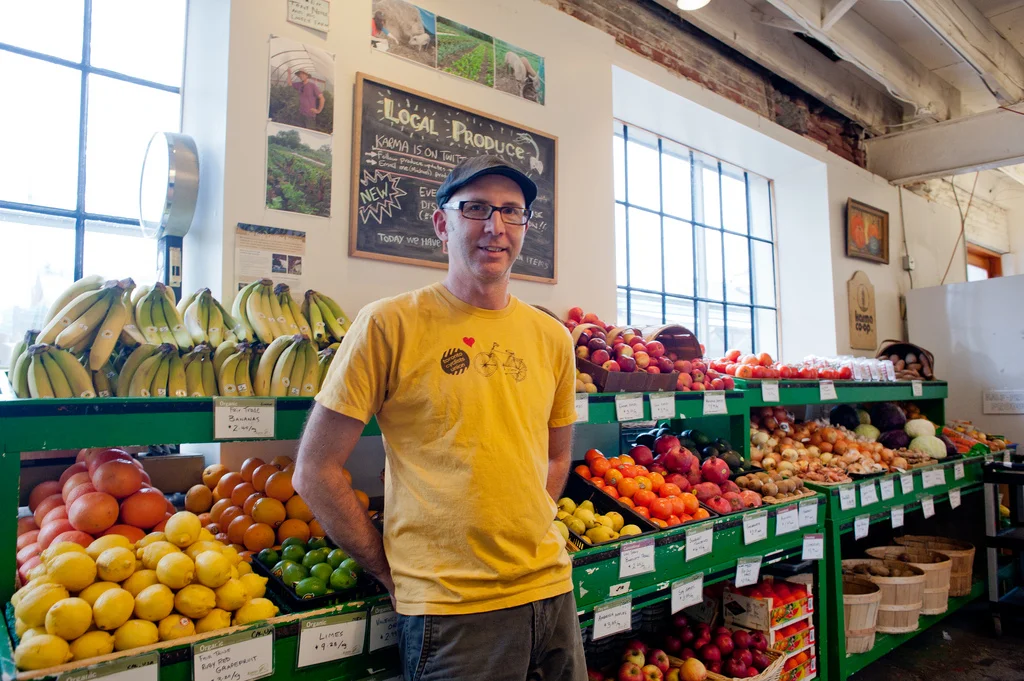PMA Predicts Future Growth of Organic Market
Photo by Wikimedia Commons
Source: Presence Marketing News, November 2017
Author: Steven Hoffman, Compass Natural Marketing
“Once merely a specialty item favored by the ‘uber health-conscious,’ organic food has widened its distribution channel, especially in retail formats, and has now become a staple in supermarkets around the world. The more accessible it becomes, the more its popularity rises.” So says the Produce Marketing Institute in an October 5, 2017, commentary. Organic achieved mainstream status due to consumer demand for transparency, especially about topics including food safety, chemical preservatives, genetically modified ingredients and pesticides, along with health concerns around diabetes, heart disease, cancer and more, which have affected food buying choices, said PMA.
“Consumers now expect to know the story behind their food before they’ll buy it. Is it locally sourced or imported from an international market? Is it produced in an ethical manner or does it come from a factory farm? If a food item doesn’t have a positive backstory, even if it’s cheaper, many consumers consider looking elsewhere. And some important components of a positive backstory include ‘natural,’ ‘organic,’ and ‘locally sourced,’ which can be major selling points despite the added costs. That shift helped transform organic produce from a niche underdog into a produce industry powerhouse, and it’s not slowing down,” said PMA.
Foods with organic and natural claims remain popular among households with children in the U.S., and organic strongly resonates with Hispanics, particularly Millennials and especially those with children. In fact, said PMA, parents in general are far more likely to embrace the positive reputation of organic.
However, PMA cautioned that households with children are on the decline. Meanwhile, the number of consumers that lack trust in the organic label remains steady, it said. Older consumers are the most likely to be unconvinced of the value of organic and are hesitant to spend more for organic products. Younger shoppers, PMA points out, while open to the benefits of organics, often can’t afford them.
PMA reported that the global organic food market was $110.25 billion in 2016, according to management consulting firm TechSci Research. Global organic food sales are expected to reach $262.85 billion by 2022. While Europe and North America make up the strongest demand for organic food, PMA suggested that intense competition in those regions means companies must also look elsewhere to gain a foothold.
# # #
Steven Hoffman is Managing Director of Compass Natural, providing brand marketing, PR, social media, and strategic business development services to natural, organic and sustainable products businesses. Contact steve@compassnatural.com.

